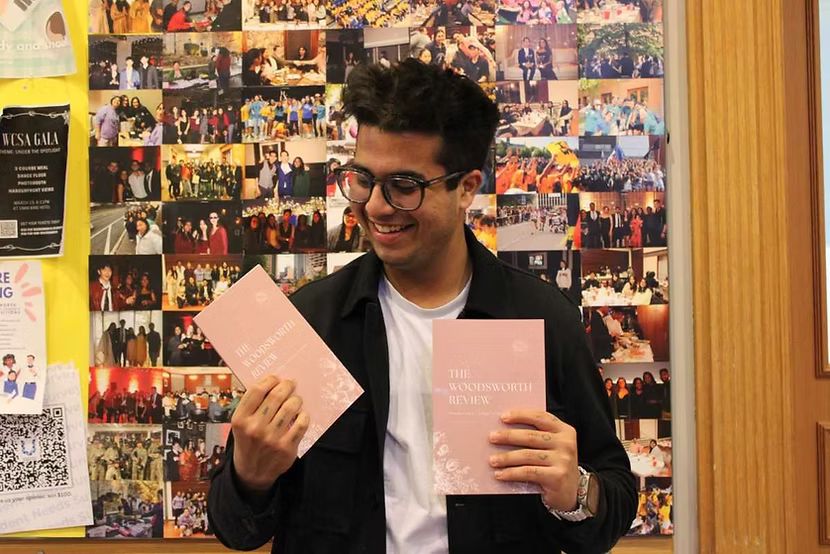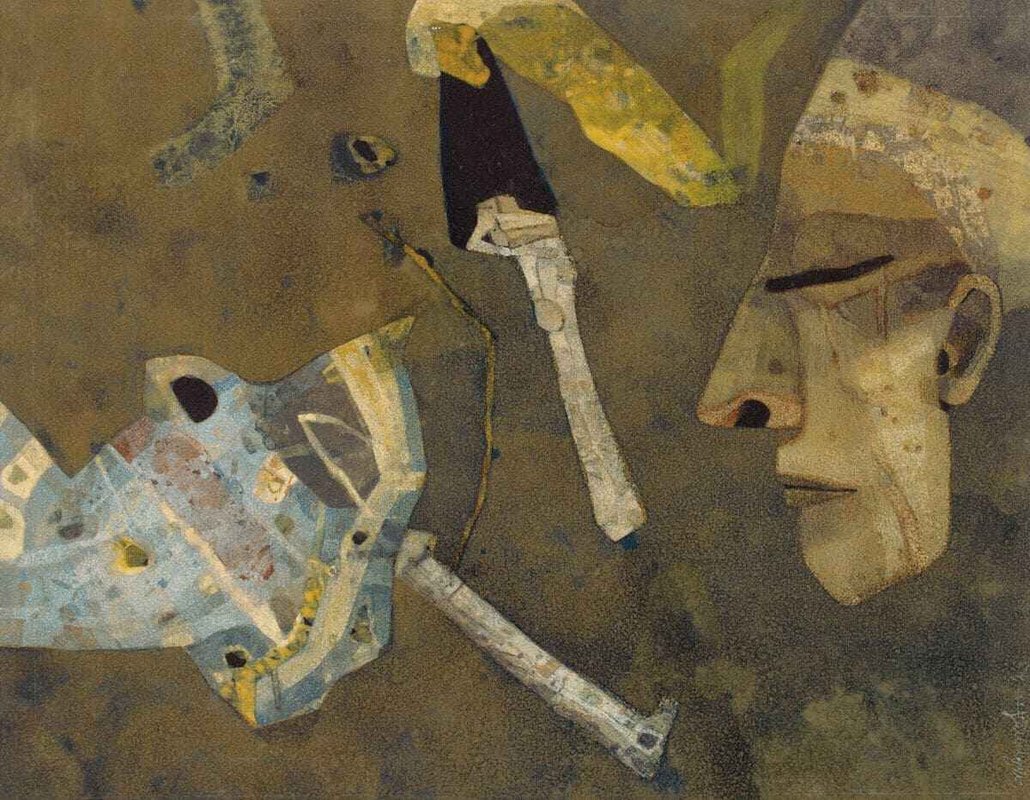Appa-Amma
I saw Amma break her cup
in which she would take her green tea–
Sick of lemons and anything yellow,
she threw away Appa’s marigolds–
Married into gold, she’d thought way back when,
But Appa lost it all,
But Appa never cared for the jewels,
And Appa begged her to do the same.
But Appa–
But Appa last month became too silent–
refused to snore, refused to shout.
He who would leave his saliva on pillows, reek of cardamom,
exhaled one day a new, stinky breath onto Amma–
A quiet breath–
Whoosh,
And all the househelp were stunned to see his mouth dry.
But Amma didn’t like anything yellow no more–
and on his hips she saw a pool of yellow that morning.
On his forehead she saw another patch of yellow–
Whitish, puffy yellow–
a leak which turned blue on his lips.
Three weeks ago I saw all my aunts visit,
they called him a strong man, and Amma a stronger woman–
but Amma still wouldn’t take her tea.
They got her marigolds in garlands, and gave me a white kurta,
because all men had to wear it–
Usually only Appa wore it with his yellow pajamas.
The househelp stood stunned, as Amma threw away the teabags–
and on the shelves, where the cup in which Amma-Appa would share their tea,
now remains none.
in which she would take her green tea–
Sick of lemons and anything yellow,
she threw away Appa’s marigolds–
Married into gold, she’d thought way back when,
But Appa lost it all,
But Appa never cared for the jewels,
And Appa begged her to do the same.
But Appa–
But Appa last month became too silent–
refused to snore, refused to shout.
He who would leave his saliva on pillows, reek of cardamom,
exhaled one day a new, stinky breath onto Amma–
A quiet breath–
Whoosh,
And all the househelp were stunned to see his mouth dry.
But Amma didn’t like anything yellow no more–
and on his hips she saw a pool of yellow that morning.
On his forehead she saw another patch of yellow–
Whitish, puffy yellow–
a leak which turned blue on his lips.
Three weeks ago I saw all my aunts visit,
they called him a strong man, and Amma a stronger woman–
but Amma still wouldn’t take her tea.
They got her marigolds in garlands, and gave me a white kurta,
because all men had to wear it–
Usually only Appa wore it with his yellow pajamas.
The househelp stood stunned, as Amma threw away the teabags–
and on the shelves, where the cup in which Amma-Appa would share their tea,
now remains none.


